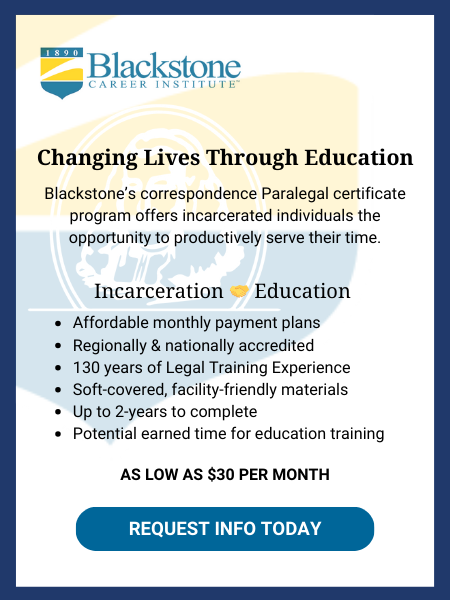PLN managing editor quoted re banned books in NH prisons
Topics too dangerous for NH prisons: Attica, tattoos, Ramen noodles
More than 120 books — ranging from Adolf Hitler’s “Mein Kampf” to a Pulitzer Prize-winning history of the Attica prison uprisings — are on a list of books banned from New Hampshire prisons, according to a prison human rights group.
The Human Rights Defense Center obtained the list under the New Hampshire Right-to-Know law. The list represents titles rejected by New Hampshire corrections officials between 2014 and the present.
A Center leader said prisons have legitimate reasons to ban some books. But books that take issue with the country’s criminal justice system and mass incarceration have landed on the New Hampshire list.
Alex Friedmann, the associate director of the Center, said decisions about questionable books should be made by independent panels rather than prison employees.
“Nobody is really, in my experience, reading these books,” said Friedmann, who is also managing editor of Prison Legal News, a magazine whose issues are at times banned from New Hampshire prisons based on content and advertising.
New Hampshire Corrections Commissioner Helen Hanks said thousands of titles — 41,000 books at the three state prison libraries — are available to prisoners. Electronic books are also available on prison-issued tablets.
“We have significant access to books. This is a really short list,” Hanks said.
Yet she acknowledged that she’s not sure why one title — the 2017 Pultizer Prize winner for history, “Blood in the Water: The Attica Prison Uprising of 1971 and Its Legacy” — should be on the list. But the inmate who requested the book never appealed the decision, so it stayed, she said.
The Department of Corrections disputed the notion the books are banned and noted that some decisions can be revisited and overturned. They provided the Union Leader with a list of books initially rejected but deemed acceptable by the Literary Review Committee. They include “Death Before Dishonor,” a novel by hip hop artist 50 Cent, Henri Charriere’s “Papillion,” books about narco kingpin Pablo Escobar and books about witchcraft.
According to Corrections Department regulations, mail screeners and the Literary Review Committee can block the following material:
• Descriptions on how to make weapons, bombs, ammunition or other security hazards.
• Material that would depict, encourage or describe escape.
• Descriptions of how to brew alcoholic beverages or manufacture illegal drugs.
• Material related to gambling or lottery.
• Documents written in code or how to write in code.
• Descriptions that encourage activities that could lead to the use of physical violence or group disruption.
• Materials that encourage criminal activities or violations of prisoner conduct codes.
• Obscene material including explicit descriptions, advertisements or pictorial representations of sexual acts involving penetration, bestiality, bondage, sadomasochism, or sex involving children.
• Sexually explicit and/or offensive material that would be detrimental to treatment of inmates or that would encourage or educate inmates in deviant or unlawful sexual practices.
• Materials that may jeopardize institutional security.
Hanks said the Literary Review Committee — which she selects and must include prison employees in the fields of security, mental health, and education and library — only reviews titles that prison staff such as mail screeners bring to their attention.
An inmate can appeal a decision to Hanks.
She noted she has read one of the banned novels, Alice Sebold’s “The Lovely Bones.” Although well written, the novel about a rape-murder victim watching her former world unfold from Heaven is inappropriate for the 638 sex offenders in state prison, especially the graphic description of the crime, she said.
The Human Rights Defense Center points to several titles that take issue with the country’s justice system and mass incarceration.
They include “Prison Nation,” “Locked Up But Not Locked Down” and “The Factory: A Journey Through the Prison Industrial Complex.”
The Literary Review Committee said the books posed problems of security threats, white supremacy and group disruption. Other security threats include titles by Boston Herald columnist Howie Carr about Whitey Bulger and his associates.
“Coming Out of Concrete Closets,” a work based on a survey of 1,200 gay people behind bars, was rejected for unlawful sexual practices.
“Prison Ramen,” a cookbook for Ramen noodles, was rejected for its description of how to make unauthorized materials.
Friedmann said graduate students from Washington University are making requests under state open-records laws and are sharing the results with the Human Rights Defense Center.
The Center has sued to get some books in prison. It has won most cases but lost in federal courts in Texas.
Earlier this year, public outcry in North Carolina prompted corrections officials to allow “The New Jim Crow” into Tar Heel prisons.







